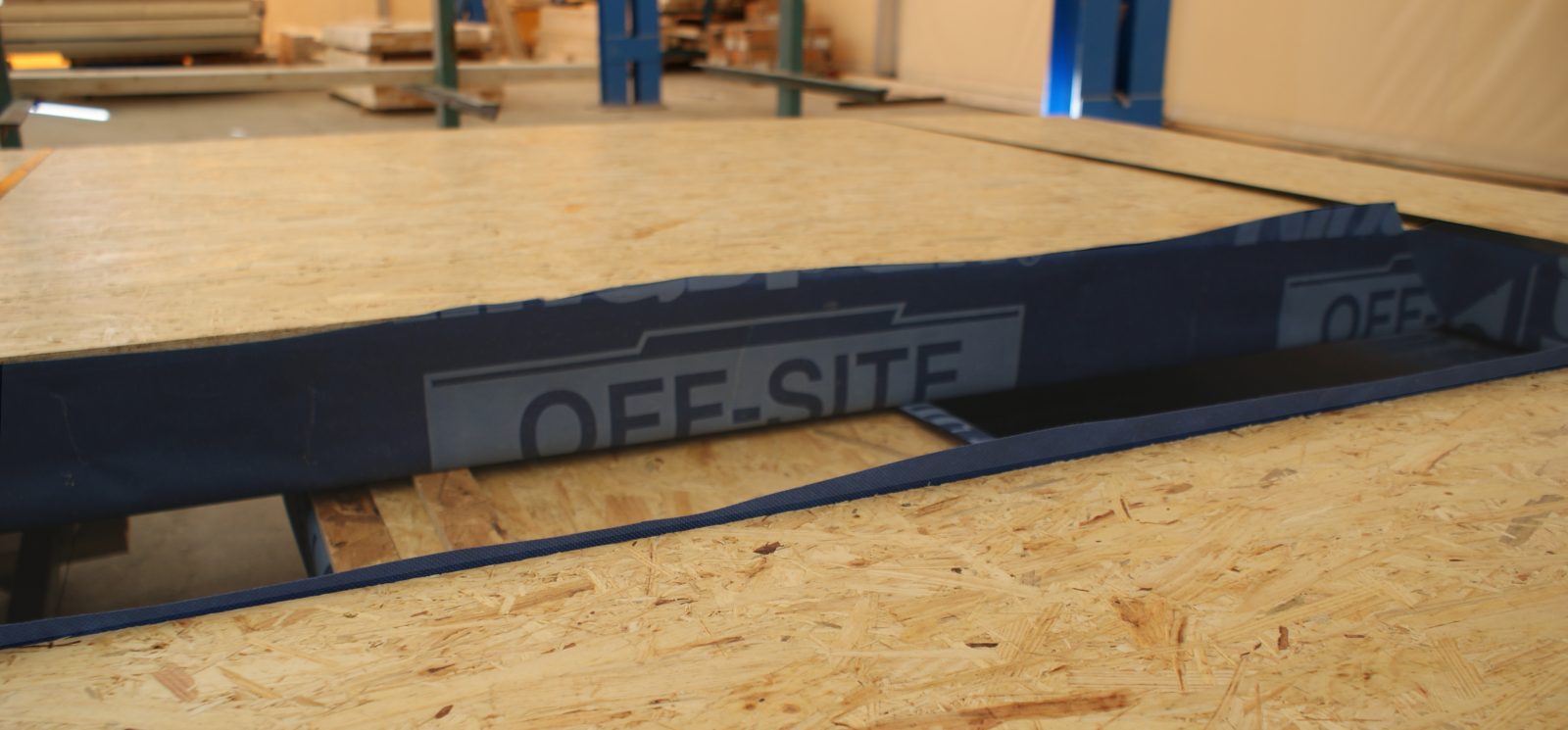A group of residential real estate experts have called for a new design code to be developed specifically to frame activity around modern methods of construction (MMC).
Law firm Pinsent Masons, Countryside Properties, NatWest and NaCSBA member Project Etopia, state that an MMC design code would help ensure more environmentally-friendly homes are built in the UK.
“This would create an important link between environmental standards for MMC and planning requirements for new homes”, said Iain Gilbey, partner at Pinsent Masons.
MMC is a core tenet of government’s ambition for meeting its housing targets, both supporting the diversification of housing supply and the levelling-up agenda, as offsite manufacturing can be encouraged in areas in employment need.
But the crucial next step is for national policy to work in step with the construction industry to ensure change is structural and long-term, which a dedicated design code would support.
Barriers to MMC
Pinsent Masons recently worked with MMC and ‘net zero’ specialists Project Etopia to assess the barriers and opportunities for MMC. This was specifically in connection with its interaction with the planning process, and its funding in the context of residential development. Core to this is how MMC can feed into the challenge of meeting national climate change obligations, which is a significant driver for government’s interest in the sector.
In terms of custom and self build, the sector is an innovator in construction in general, and has been early adopters of MMC, the general term for a range of off-site and on-site manufacturing techniques.
As well as its environmental benefits, MMC offers opportunities to improve productivity through increased pace of delivery while by-passing the skills shortage that is a dominant factor in the wider construction industry.
Joseph Daniels, Chief executive of Project Etopia said “MMC can be a powerful enabler of net zero housing, including achieving a huge reduction in embedded carbon in new housing.
“Traditional construction materials can embed carbon in new housing during the construction process, whereas MMC will allow the use of innovative materials and processes, achieving less embedded carbon and much less waste.”
Pinsent Masons’ Gilbey said, “MMC can radically improve the delivery of high quality and affordable housing, provide measurable improvements in sustainability and circumvent a growing skills shortage as the UK economy bounces back strongly from the Covid-19 pandemic.”
However, he recognised that the barriers to the scaling up of MMC include a lack of understanding in local planning authorities, and for some developers, about the route, as well as issues in accessing funding for MMC manufacturers.
Louise Wager of Pinsent Masons commented that a new design code could encapsulate MMC-specific challenges in relation to local authority planners, such as the link between low carbon products and environmental sustainability, for example in connection with the Future Homes Standard.
William Oliver of Pinsent Masons said that lenders are coming under increased scrutiny for the sustainability of their funding and investments. “Sustainability will increasingly be a crucial aspect of funding requirements, for example residential schemes requiring a minimum EPC B rating. This is not a ‘nice to have’ – this is now embedded in the market and requirements will only become more stringent.”



